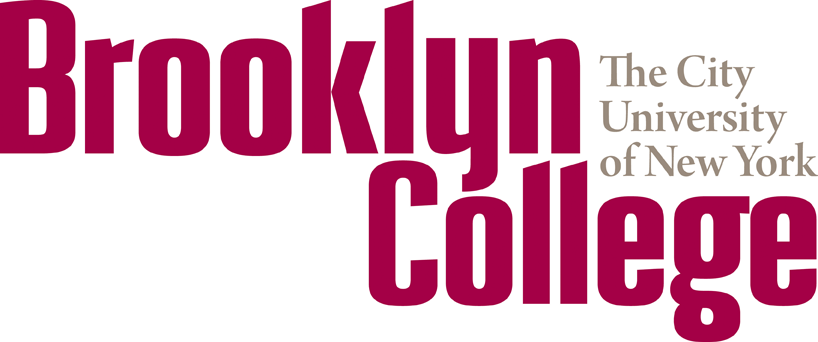
Publications and Research
Document Type
Article
Publication Date
4-27-2021
Abstract
The escalating cost of civil litigation is leaving many defendants and plaintiffs unable to meet legal expenses such as attorney fees, court charges and others. This significantly impacts their ability to sue or defend themselves effectively. Related to this phenomenon is the ethics discussion around access to justice and crowdfunding. This article explores the dimensions that explain the phenomenon of litigation crowdfunding. Using data from CrowdJustice, a popular Internet fundraising platform used to assist in turning legal cases into publicly funded social cases, we study litigation crowdfunding through the lenses of the number of pledges, goal achievement, target amount, length of description, country, case category, and others. Overall, we see a higher number of cases seeking funding in the categories of human rights, environment, and judicial review. Meanwhile, the platform offers access to funding for other less prominent categories, such as voting rights, personal injury, intellectual property, and data & privacy. At the same time, donors are willing to donate more to cases related to health, politics, and public services. Also noteworthy is that while donors are willing to donate to education, animal welfare, data & privacy, and inquestrelated cases, they are not willing to donate large sums to these causes. In terms of lawyer/ law firm status, donors are more willing to donate to cases assisted by experienced lawyers. Furthermore, we also note that the higher the number of successful cases an attorney presents, the greater the amount raised. We analyzed valence, arousal, and dominance in case description and found they have a positive relationship with funds raised. Also, when a case description is updated on a crowdsourcing site, it ends up being more successful in funding —at least in the categories of health, immigration, and judicial review. This is not the case, however, for categories such as public service, human rights, and environment. Our research addresses whether litigation crowdfunding, in particular, levels the playing field in terms of opening up financing opportunities for those individuals who cannot afford the costs of litigation. While it may support social justice, ethical concerns with regards to the kinds of campaigns must also be addressed. Most of the ethical concerns center around issues relating to both the fundraisers and donors. Our findings have ethical and social justice implications for crowdfunding platform design.

Comments
This work was originally published in PLoS ONE, available at https://doi.org/10.1371/journal.pone.0250522
This is an open access article distributed under the terms of the Creative Commons Attribution License, which permits unrestricted use, distribution, and reproduction in any medium, provided the original author and source are credited.